Rabbit R1 vs Humane AI Pin vs Limitless Pendant: AI wearables compared
Showdown of the first-gen AI hardware
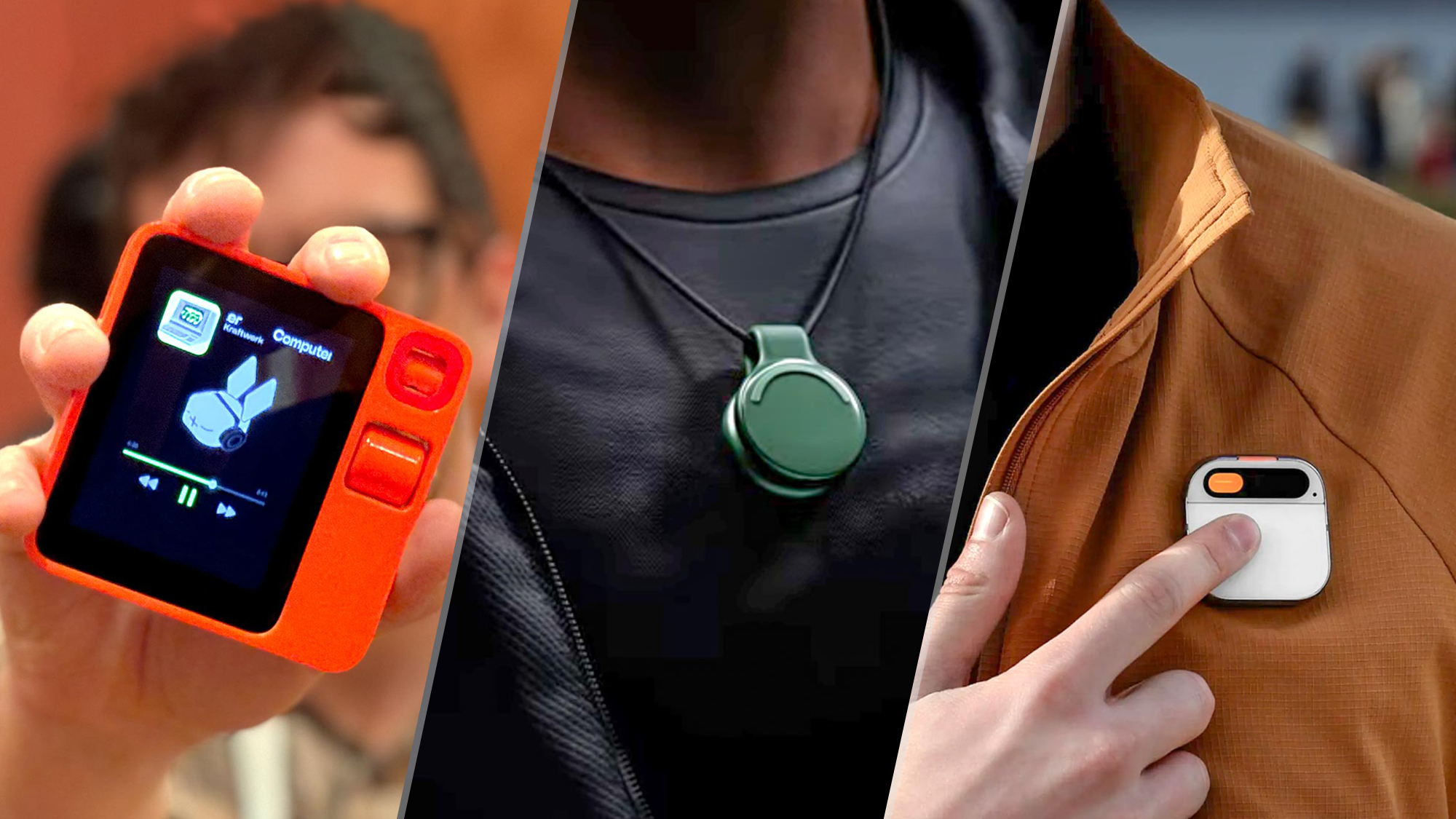
AI is very much here to stay. From AI PCs to AI in phones, and even AI just completely changing how you look in videos, this is no longer a figment of your future-gazing imagination.
It’s an integral part of our lives now, and with it has come one key question: how will AI impact the way our everyday gadgets look? While there are numerous answers to this (including the Ray-Ban Meta Smart Glasses), three are being hyped quite considerably right now. They are the Rabbit R1, the Humane AI Pin, and the Limitless Pendant.
So with our various amounts of hands-on/eyes-on time (along with a little bit of predicting the future) let’s figure out which one of these first-gen products could reign supreme as we enter the summer of AI wearables.
Form factor
How do you summarize AI device design? Turns out you really can’t at the moment, as the first generation seems to be an explosion in creativity — companies figuring out new form factors that take advantage of AI in rather interesting ways.
Let’s start with what is available now. The Humane AI Pin is a seriously premium-looking piece of kit — an aluminum construction that sits lightweight on your chest thanks to a strong magnetic grip.

Without a screen, Humane’s mission is for this to be your communication device that removes all the common distractions of a smartphone. Despite my objections to this, it’s an admirable goal, and the innovation on offer here from the multimodal AI to the laser projector interface that you control with your hand looks rather futuristic.
However, plenty of problems have been discovered with it. Firstly, that projected UI is super awkward to see and interact with (especially in daylight). Second, the battery life seems to be rather terrible, and most worryingly, it overheats rather badly.
Get instant access to breaking news, the hottest reviews, great deals and helpful tips.
Rabbit takes a more traditional approach — a squared off plastic device that feels just like a Playdate, the handheld gaming console, in the hand (an unsurprising comparison given they’re both designed by Teenage Engineering).
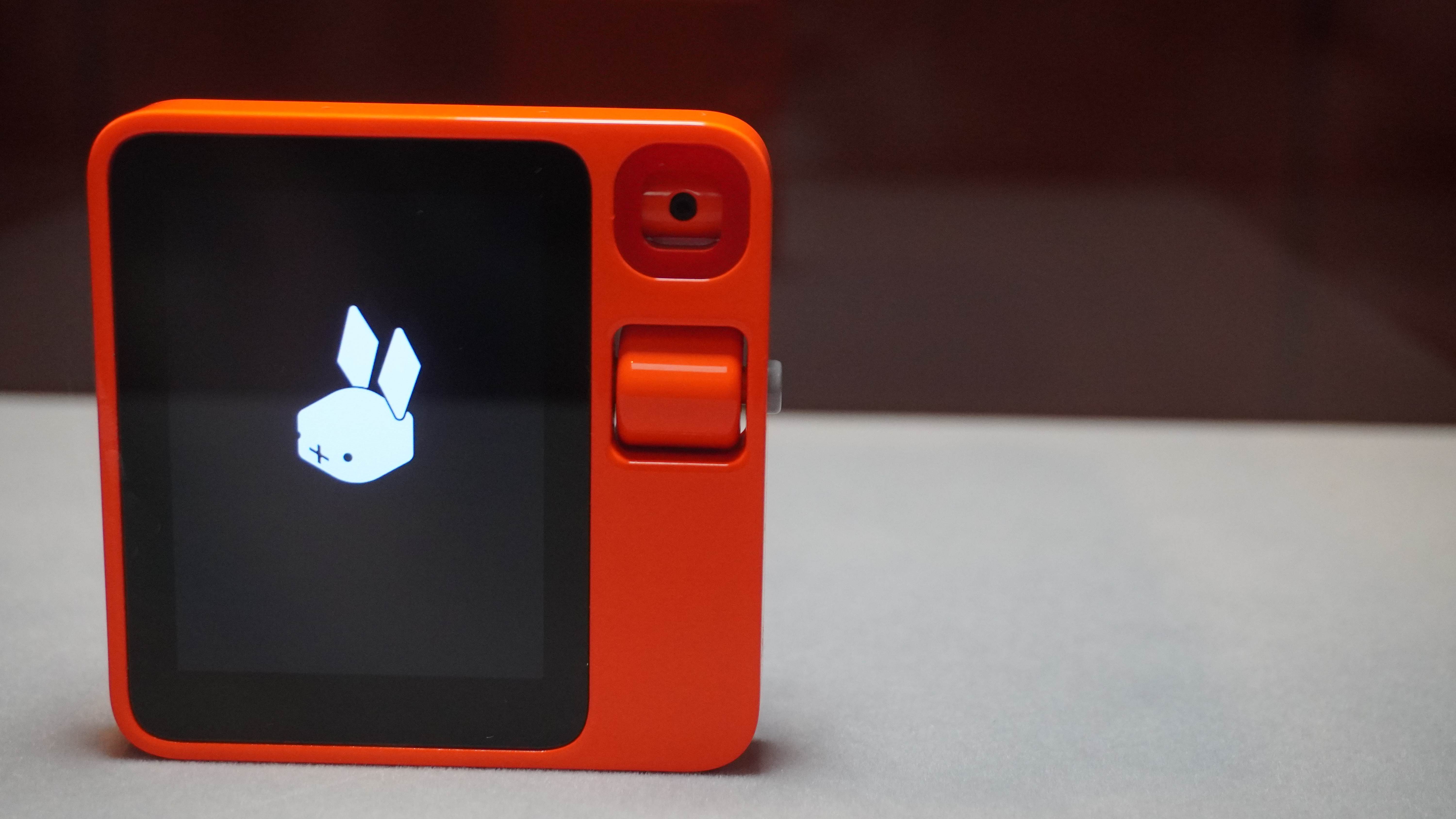
The fun-yet-utilitarian aesthetic is something that’s easy to fall in love with when its in your hand, from the LCD display up front that gives you a clear indication of how its answering your queries, to the camera on a rotatable cylinder and the push-to-talk button that feels like you’re using a walkie-talkie.
Then there’s the Limitless Pendant, which is another screenless gadget by design, but all the more impressive for it. Touting a 100-hour battery life, this little puck will fit into any outfit without feeling intrusive whatsoever. Plus, you’re not just limited to one color like the R1, as you have eight finishes to choose from.
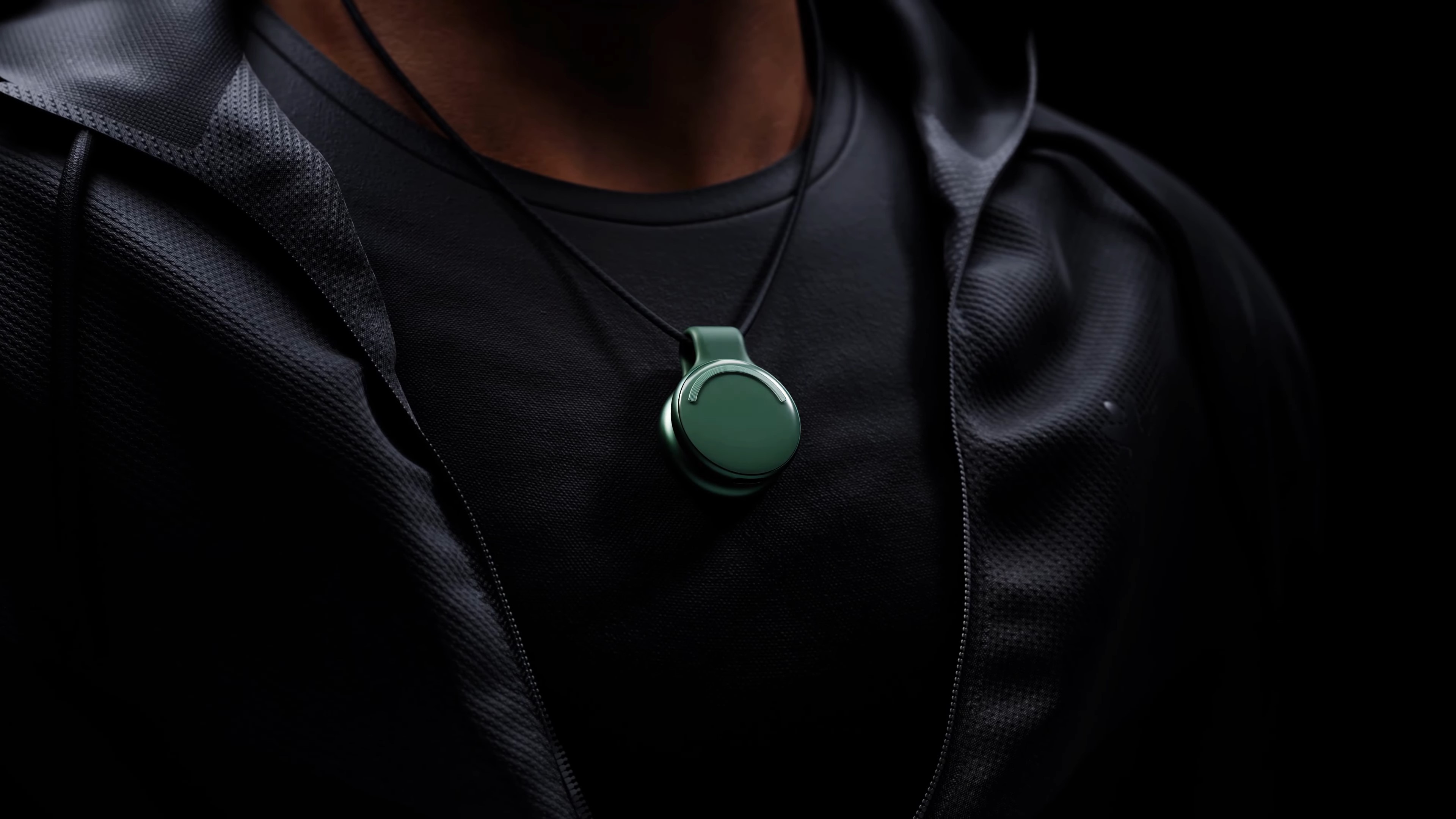
With that in mind, I’m torn. The limitations of the Humane AI Pin are clearly on show, but between the more pocketable-but-full-featured Rabbit R1 and the instantly wearable Limitless Pendant, they’re both just as beautiful in their own way.
Winner: Tie between Rabbit R1 and Limitless Pendant
Capabilities
These devices tell the story of two approaches: being the best at enhancing one specific part of your life, or trying to be the AI version of a Swiss Army Knife.
The Limitless Pendant falls into the former category, as it is designed to make video calls, in-person meetings and even general conversations easier to remember. Wear it throughout your whole work day, and the Pendant will use AI to transcribe conversations and interpret what is being said — even providing summaries and suggesting action items for your to-do list. It’s the cure for a forgetful mind if you’re busy juggling multiple tasks, and as someone who can’t multitask for the life of me, I’m so here for it!
Meanwhile, the Rabbit R1 and Humane AI Pin are what I’d say are going to be the more traditional AI device (if such a thing even exists yet). By that, they take a note from the fact a smartphone is designed to do multiple tasks, and they do the same in the form of multimodal AI.
With LLM interactions, whether its a simple question you need an answer to, visual-based queries on what you see in front of you (using the built-in camera) or AI transcription, these are capable of them all.
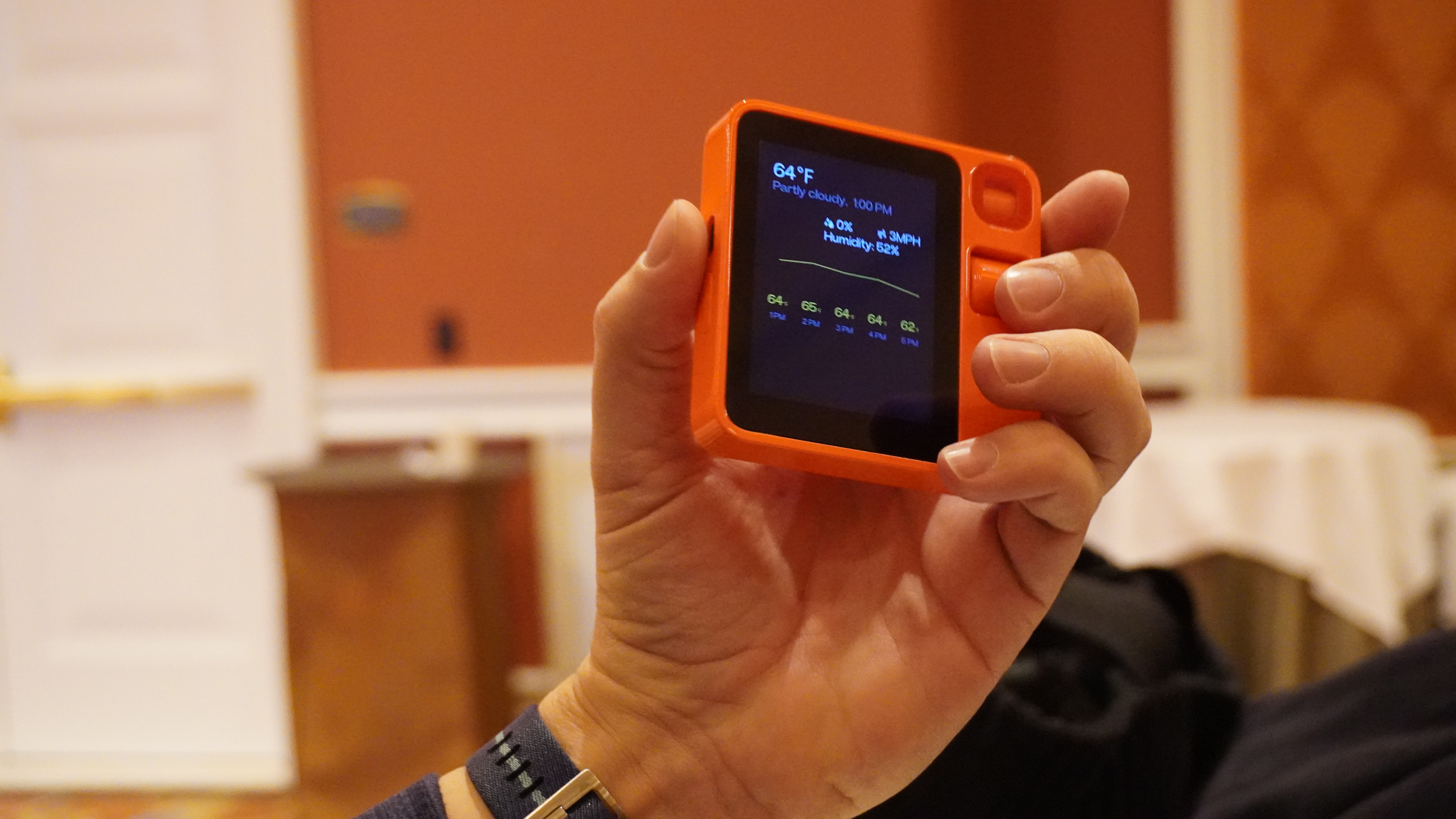
But Rabbit’s superpower comes in the form of the Large Action Model (LAM), which works similarly to an LLM, but rather than learning from a database of words and phrases, it learns to interact with websites and apps. That means while you could ask it for a travel plan like the AI pin, the R1 goes one step further by being able to make flight and accommodation reservations for you.
While it's clear that the Limitless Pendant is superior at being a transcription device, there’s only one clear choice in terms of touching on all the possibilities of AI.
Winner: Rabbit R1
Price
Rabbit R1 wins… Oh wait, you want me to say more? OK. The Humane AI Pin is on-sale for $700, and requires a $24 a month subscription to use. For what you can do with it, this is a ridiculous amount of money.
In terms of the latter two, it becomes a more difficult proposition to choose. You see, the Limitless Pendant is technically cheaper at $99 (a special price for a limited time only), with an optional Limitless Pro subscription for $19 per year. But its use cases are super focused on really enhancing the way you work. What it can do sounds amazing, but it isn’t truly multi-modal.
However, at $199, the Rabbit R1 is your perfect entry point if you want to dip your toes into having multimodal AI on-the-go. It’s worth also noting that this device is very much a “no subscription model” required too, although the first 100k buyers got a year’s free access to Perplexity Pro.
Whether Pro is essential or not to get the most out of the R1, we don’t know. If so, you could be looking at a $20 monthly charge. But we’ll base this on Rabbit’s promise that you don’t need it to use the LLMs and LAM that the device sports.
Winner: Rabbit R1
Latency
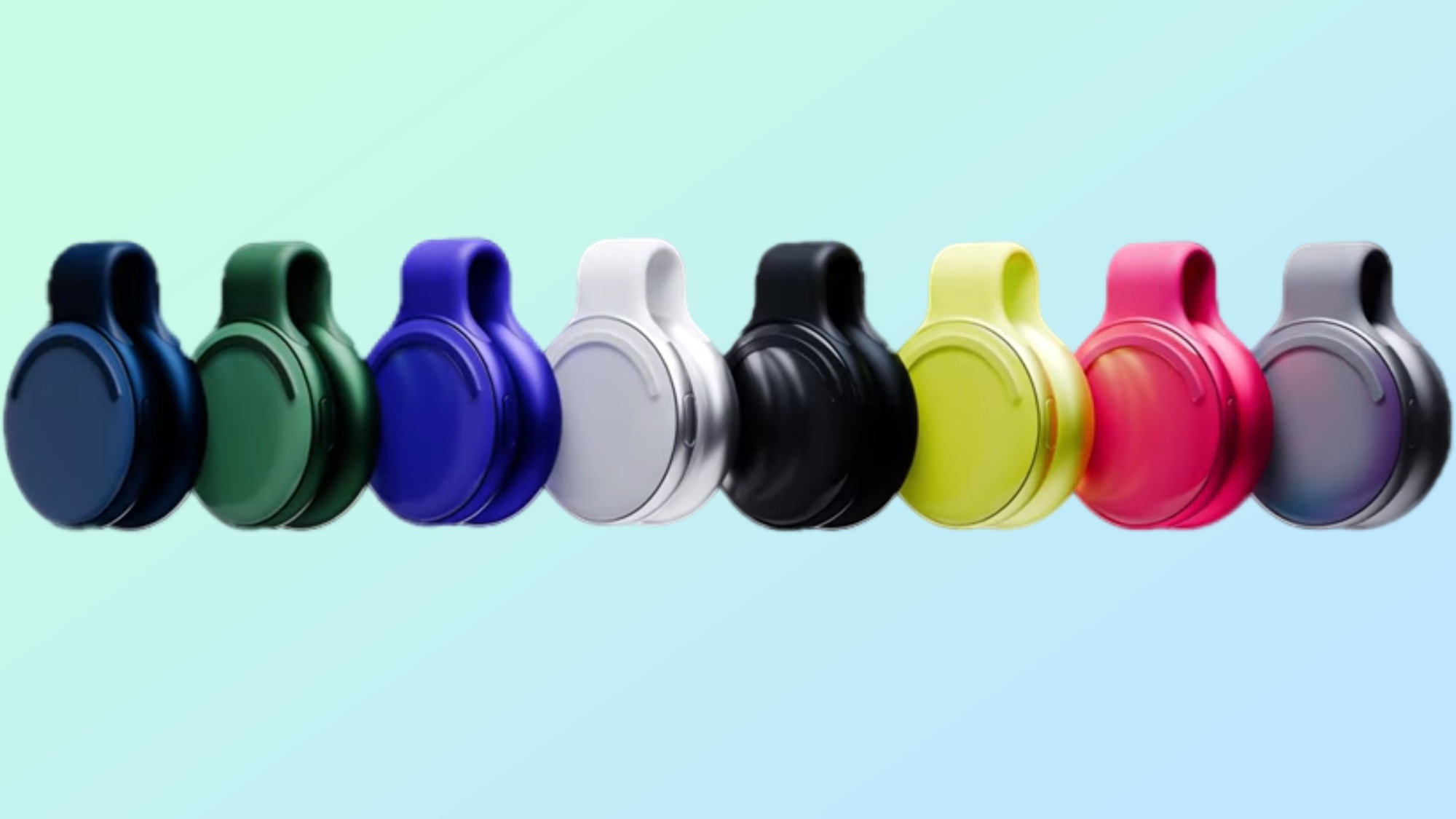
This is the big unknown with two of these devices, and one of the big frustrations with AI that relies on a network connection and data centers to answer its queries. We got a good glimpse of that with the Humane AI Pin, and in its current state, this may be more problematic than beneficial.
The Rabbit R1 does seem to be a few seconds quicker than the Pin at performing tasks, as was tested by Rabbit CEO in his one-shot face-off video. But we can’t be sure of this until we’ve properly tested it for ourselves — especially given the fact that outside of Wi-Fi connections, you’re limited to 4G.
But until we get some firm answers, it seems to be the real-time transcription and summarization of thoughts and conversations that gives Limitless Pendant the edge in terms of minimizing latency as much as possible.
Winner: Limitless Pendant
Overall winner
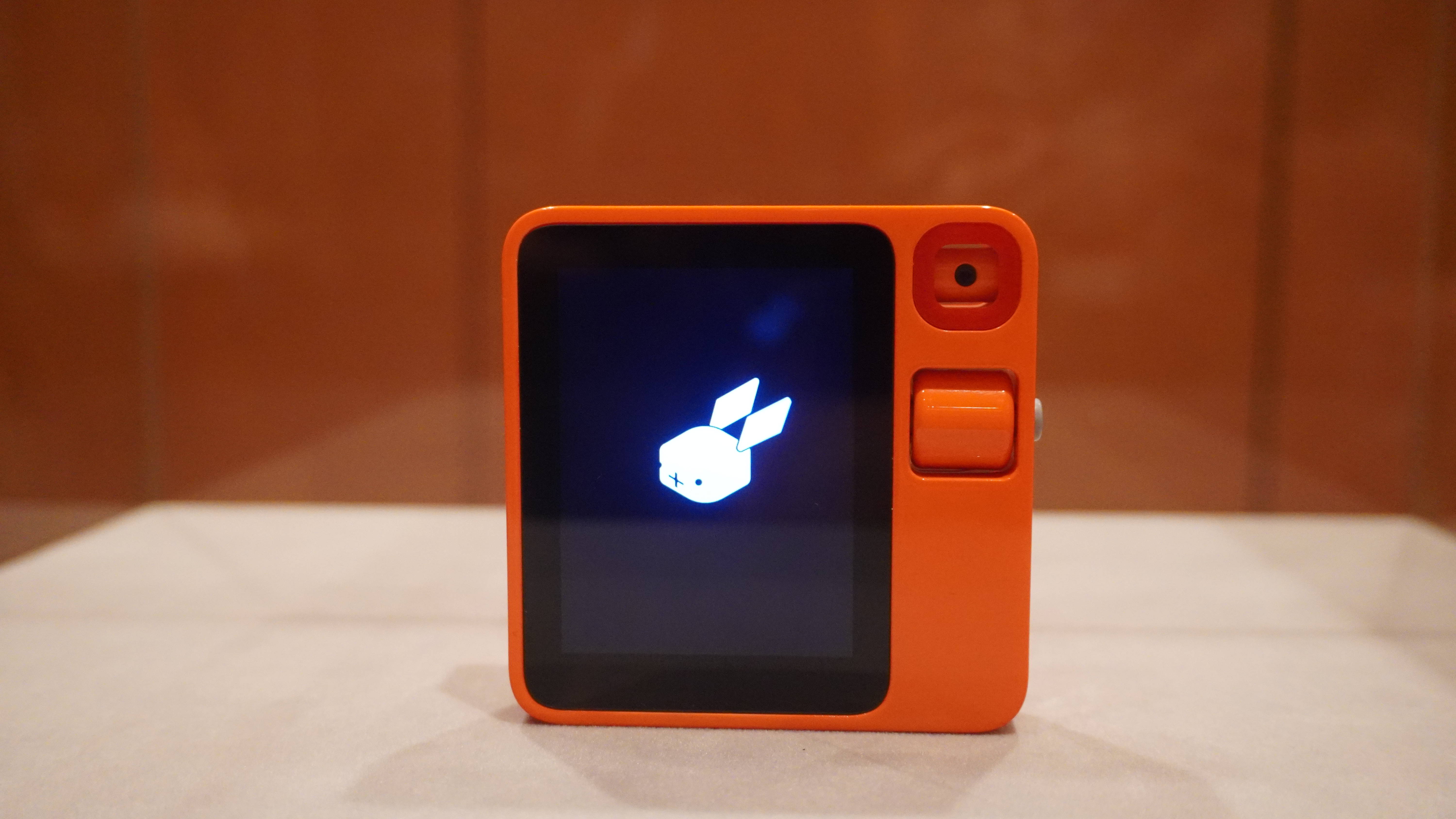
Of course, a lot of this is purely speculation based on what we’ve seen and held, along with the news/reviews we’ve read. But at this very point in time, it’s looking pretty clear to us that Rabbit R1 shows the most promise in terms of its multi-modal capabilities, the Large Action Model, and the price of entry.
Limitless Pendant comes damn close by nailing the fundamentals of what I believe an AI wearable should be: something cheap that becomes second nature to wear, which fixes a key problem in a neat way. But the multimodal awesomeness is just out of its grasp without a camera.
Humane AI Pin is multimodal, but it still has a long way to go based on what we’ve seen of it so far. So to take this all into account, when it comes to the first foray into the world of native AI devices, Rabbit seems to have the edge. But we’ll see for sure when we review it soon!
More from Tom's Guide
- iOS 18 AI features will reportedly run on your iPhone instead of in the cloud
- Adobe Premiere Pro is going all-in on AI — testing Sora, Runway and Pika Labs
- I gave Google Gemini 1.5 a video of the total eclipse and asked it to write a song — here’s what it sounds like

Jason brings a decade of tech and gaming journalism experience to his role as a Managing Editor of Computing at Tom's Guide. He has previously written for Laptop Mag, Tom's Hardware, Kotaku, Stuff and BBC Science Focus. In his spare time, you'll find Jason looking for good dogs to pet or thinking about eating pizza if he isn't already.
 Club Benefits
Club Benefits






